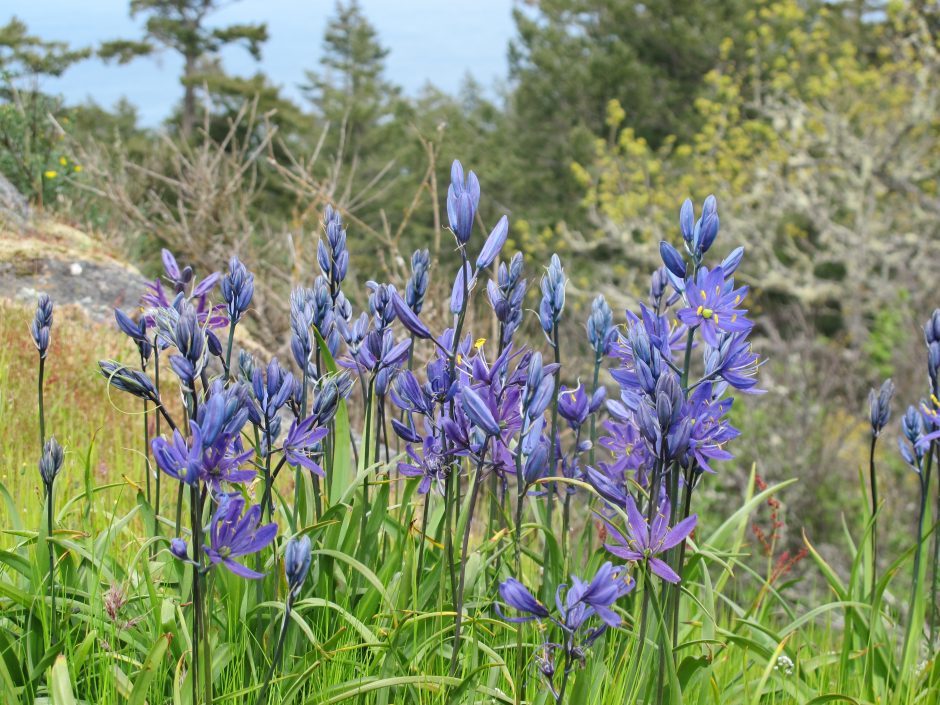The initiative emphasizes that emissions reductions alone are inadequate; increasing landscape-level carbon sequestration through perennial plantings is crucial for achieving net zero. PERCS aims to tackle existing knowledge gaps that hinder the widespread adoption of perennial plantings, using an interdisciplinary approach to explore their carbon sequestration potential and co-benefits. The project focuses on supporting research for sustainable agriculture, developing metrics for assessing environmental impacts, and improving the transfer of scientific knowledge to the agricultural sector to facilitate change.
The ‘PERCS’ partnership links four Canadian universities and seven partner organizations to develop a technical path to accelerate the adoption of perennial plantings (e.g., hedgerows, windbreaks, riparian restoration) in agricultural landscapes to support Canada’s net zero emissions goal.

Objectives
- Develop a coordinated experimental framework for field and survey data;
- Quantify the carbon sequestration potential of perennial plantings in agricultural landscapes;
- Quantify socio-economic and ecological co-benefits of perennial plantings to improve adoption;
- Identify socio-economic and ecological drivers of perennial planting adoption for land stewards, policy makers, and other stakeholders; and
- Synthesize co-developed knowledge to develop a set of tools and policies that will enable our partners, and Canadian agriculture, to scale up the adoption of PERCS.
Research Team

Associate Prof. Risa Sargent
Faculty of Land and Food Systems,
Biodiversity Research Centre,
Centre for Sustainable Food Systems

Associate Prof. Juli Carrillo
Faculty of Land and Food Systems
Biodiversity Research Centre, Centre for Sustainable Food Systems

Prof. Hannah Wittman
Faculty of Land and Food Systems, Institute for Resources, Environment and Sustainability, Faculty of Science
Biodiversity Research Centre

Associate Prof. Naomi Schwartz
Department of Geography, Faculty of Arts
Biodiversity Research Centre

Assistant Prof. Juliet Lu
Department of Forest Resources Management, Faculty of Forestry
School for Public Policy and Global Affairs, Faculty of Arts

Assistant Prof. Joséphine Gantois
Institute for Resources, Environment and Sustainability, Faculty of Science,
Faculty of Land and Food Systems

Institute for Resources, Environment and Sustainability, Biodiversity Research Centre, Department of Zoology

Associate Prof. Frederik Noack
Faculty of Land and Food Systems

Associate Prof. Jeanine Rhemtulla
Department of Forest and Conservation Science, Faculty of Forestry
Institute for Resources, Environment and Sustainability

Assistant Prof. Matthew Mitchell
Department of Forest Resources Management, Faculty of Forestry
Faculty of Land and Food Systems
Land Acknowledgement: We acknowledge that the land on which we are based is the traditional, ancestral and unceded territory of the Coast Salish Peoples, including the xwməθkwəy̓əm (Musqueam), Səl̓ílwətaʔ/Selilwitulh (Tsleil- Waututh), Skwxwú7mesh (Squamish), and Stó:lō Nations. This land, now known as University of British Columbia’s Point Grey Vancouver Campus, has always been a place of learning for these nations, who for millennia have passed on their culture, history, and traditions from one generation to the next on this site.
Academic Partners: Kwantlen Polytechnic University, Simon Fraser University, University of the Fraser Valley
Funding Partners: NSERC-SSHRC Sustainable Agriculture Initiative, UBC Grants for Catalyzing Research Clusters (GCRC)
Government and Community Partners: Delta Farmland and Wildlife Trust, Rivershed Society of British Columbia, BC Investment Agriculture Foundation, Nature United, BC Berries, Farmers for Climate Solutions, BC Blueberry Council, Government of British Columbia Ministry of Agriculture and Food